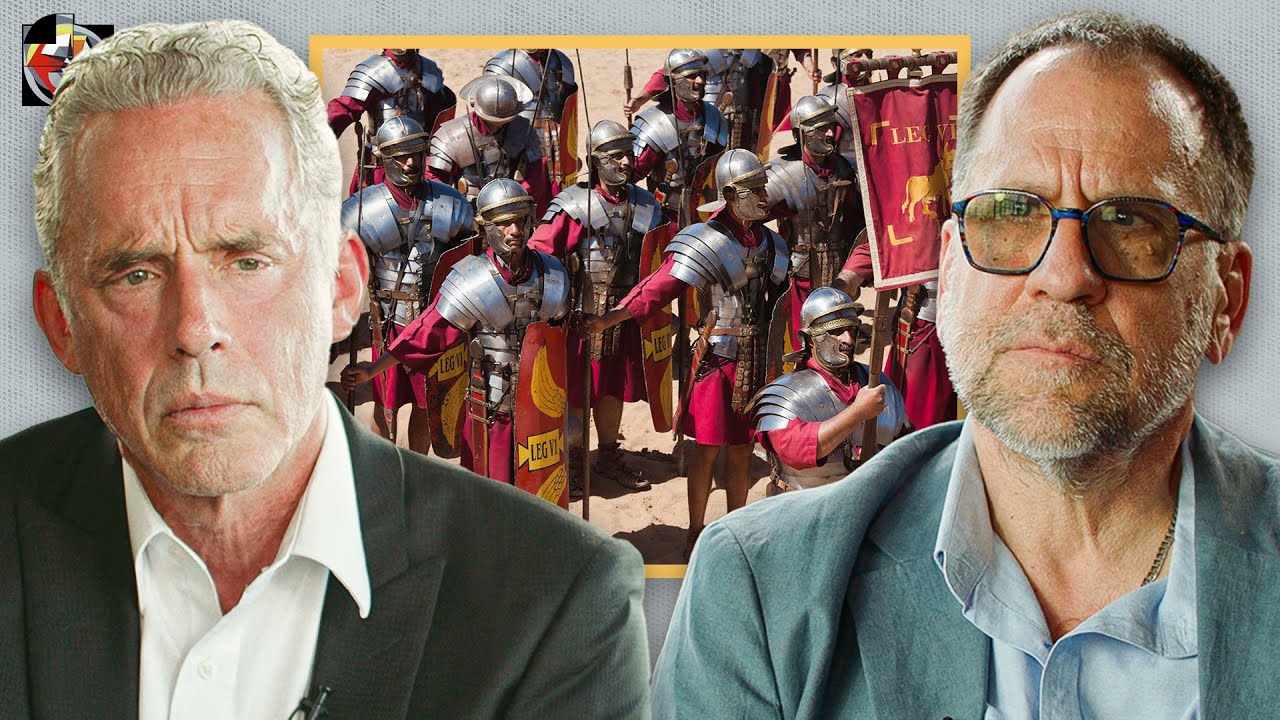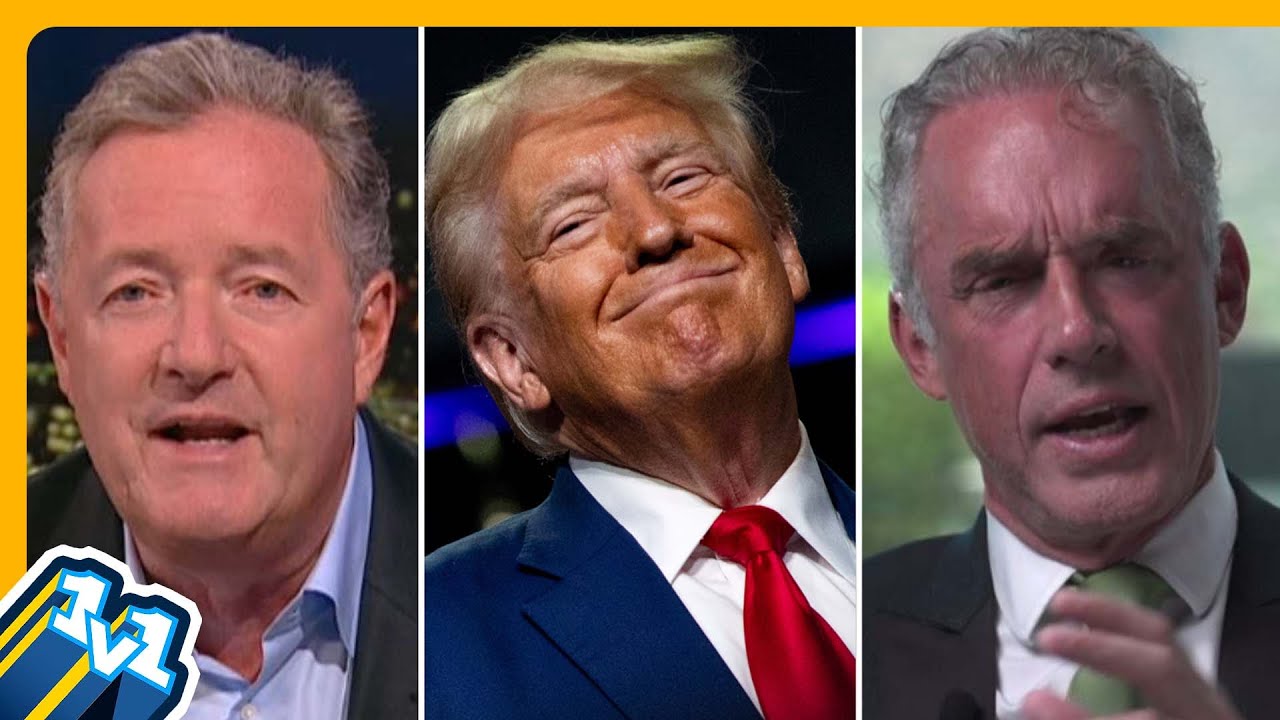I find this dialogue compelling to show how philosophy, religion and politics are interconnected if we take them at their very essence.
How so? I used to think I understood Peterson quite well and Vervaeke to some extent. Now, not so much.
It doesn’t help that I suspect that Peterson used the tactic of attacking the LGBTQ community on false premises at the University of Toronto to become a Right wing Internet celebrity. He frequently has friendly interviews with MAGA people who support the felon Trump who would destroy the American democracy and further the cause of Putin if he succeeds in getting elected.
And Vervaeke often uses jargon the way pseudointellectuals do. For example, in the snippet above he repeatedly refers to Siddhartha rather than the Buddha. He seems to want to make ideas more difficult to understand than they need to be.
Help me out here. What am I missing? I haven’t read anything by Vervaeke but I read “Maps of Meaning” and “12 Rules for Life” by Peterson. I’m appreciative of Socrates and Neo-Platonism, Christianity, and the analytic psychology of Carl Jung which was a major influence on Peterson’s thinking. His earlier work really did seem to provide a road map to a meaningful life for his students and readers.
So, I agree with your proposition that religion, philosophy and politics are related. But, how can Peterson, who supports Vervaeke on the theme of “agape” (love) promote a politician is running based on racism and hate? And why, if Vervaeke’s theme is “the meaning crisis”, is he making his meanings more obscure than they need to be?
Perhaps you are not missing anything but I am reading stuff into the dialogue. I am not as versed in the areas you mention and have a high degree of differenciation when it comes to personalities and their voting habits. I am also geared towards the idea that, despite our differences and failings, we are one humanity and one with the sacred.
I probably belong to a portion of humanity that is dying out in the West, but more so my wife, who is the great communicator in our house, uniting personalities that reject each other, overlooking their oddities and quirks, and reaching out to the lonely.
Consequently, I convenient push the abrasiveness of Peterson to one side, and the stammering excitement of Vervaeke doesn’t bother me. Of course, I have to take them in small doses. But then again, I feel called to point out that Peterson didn’t initially attack LGBTQ+ but the government, who made it per law compulsory to use pronouns.
This is a position that I share, and the fact that pronouns are only used to speak about somebody, but their name is relevant when speaking to them, means that when I speak about someone, I would prefer to use their name. I will not be dictated to, like Peterson said, and be forced to do these narcisstic people the favour of bending to their rules.
The government in Canada is in many ways forcing the agenda of a group of people with evergrowing fetishes, autogynephilia and feelings of depression, anxiety, discontent, irritability, and unhappiness, onto the general public. People are getting the feeling that intimate details are being carried into the street and forced on people. It is like if a neighbour knocked on your door and wanted to share their latest sex video with you.
Giving these people a megaphone is not the same as inclusion, and the left-wing politicians who promote this stuff seem to be completely oblivious to the fears of people, and pushing them to the right, and enabling the devil himself to take over. Although I normally vote Green, I see how people could vote for parties who promise to take this stuff away.
Returning to the video, what I took away is the fact that Vervaeke found himself, spurned on by Socrates, looking for the truth as a solution to the meaning crisis, and coming around to appreciating the transcendant as it appears in Christianity. Where this happened in history, power structures fell. Obviously, this is not the solution in itself, but I also believe that finding meaning is the solution to the disorientation of the West, and it must be grounded in truth, unity (oneness), beauty, and goodness - and love.
I reviewed the Wikipedia account of the flap that led to Peterson’s resignation from the University of Toronto. It seemed to support my opinion that he exaggerated the issue to make his point. No one has been arrested for misuse of pronouns. The bill doesn’t criminalize free speech as Peterson claimed. The ICRC a group of Peterson’s psychologist peers ordered him to get remedial training and their decision was upheld upon judicial review.
Anyway, I disagree with Peterson about Trump. I think Peterson is emotionally unstable. He suffers chronic depression. He loses his temper and misjudges situations. Misjudgment led him to become addicted to benzodiazepines and misjudgment led him to undergo dangerous treatment for it in Russia. His instability affects his professional and political judgement.
That said, he is capable of brilliant insights into the human condition. The video you posted is an excerpt from a longer one with Vervaeke that I intend to watch.
Vervaeke’s most important concept is relevance realization. The teaching of Peterson that is resonating with me at the moment is on sacrifice—a concept that has been devalued in modern society that he has recovered in his lectures. Peterson addressed it in his talk about the stories of Cain and Abel and of Abraham and his willingness to sacrifice Isaac.
Considering these concepts, I am struck afresh by the profundity of these two teachers on them. Reflecting on relevance realization, one sees what one attends to, and that becomes an indicator pointing to who one is and what one values. As such, it becomes a means of self transcendence by which finite objects of attention are seen in the context of infinite consciousness.
The sacrifice motif can inform every dimension of sadhana i.e. spiritual practice. It can be seen as the first of two steps to the not-two of nondual awareness though I’m not sure Peterson has made that connection.
…they always were, up until the Western mainstream education systems chose to disconnect them into separate and distinct entities… except for private, religious, and grammar schools etc., which dictate their own curriculums.
All is one, and always was in my household.
¿Since when have families become dependent on governments, on the way their households view the world and reality itself?
.
Did Rome fall, or did it simply downsize? lel
…like an overstretched balloon, it imploded on itself, when it outgrew it’s original purpose of being… like all things seem to be doing, these days.
It became a church ![]()

